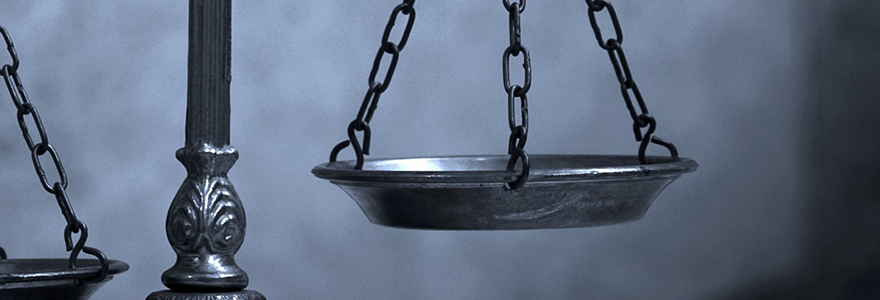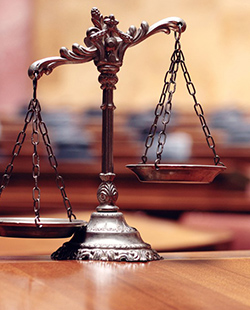Before answering that question, we must know that the only means of achieving justice is law. We can see, then, the importance of defining such a concept.
The different possible interactions between laws and the concept of justice
The Law is a set of rules that manage a State. It is the positive law like the rules that can change from a State to another.
The law according to Pascal
As Pascal says, laws do not need to be fair; they must above all guarantee peace between its citizens. Social peace has to be preserved even through seemingly unfair laws.
The law according to Hobbes
Hobbes, however, believes that the only truth that has always managed the world is that there is no justice. And law shall not apply any rule that is not taken from the natural state of things which is survival to the fittest, which excludes every sort of justice. That way, it becomes pointless to ask if a law is fair or not. In the end, what the law allows is fair, and what it does not is unfair.
The law according to Rousseau
It is against the juridical positivism that Rousseau has reacted by defending the idea that with every new born person, there is a set of rights that no law has the right to suppress. These fundamental rights do not depend on the juridical conventions. In other words, the era and the State the individual lives in cannot affect that set of rights he has. Any law that could go against these natural rights is considered as unfair and must be erased. What is legal is not also automatically legitimate.
These sites were useful while creating the article :

